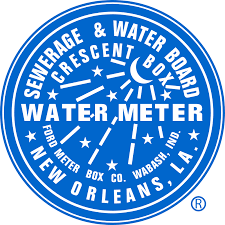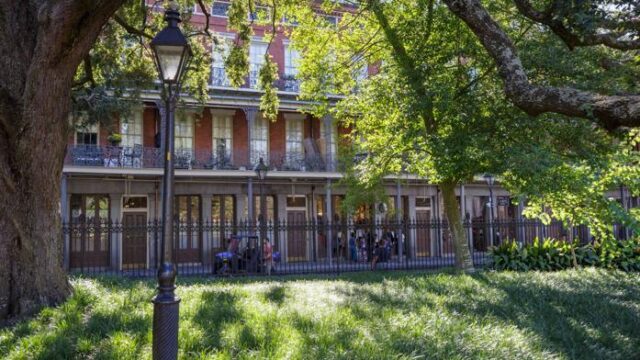
The Department of Property Management (DPM) is responsible for maintaining HVAC systems in all City buildings, with the exception of facilities operated by the New Orleans Public Library and the New Orleans Recreation Department. Over the past few years, there has been concern that excessive heat during the summer could negatively impact City operations. Isolated high-profile cases of HVAC failures at various public buildings heightened these concerns.
Inspector General Ed Michel stated:
“As New Orleans continues to experience extreme heat events, it is critical to the health and safety of citizens and City employees that HVAC systems in City buildings are working properly. While the OIG is encouraged the DPM has taken steps to improve operations by seeking maintenance contracts, the department must also work to mitigate damage through regular preventive maintenance.”




